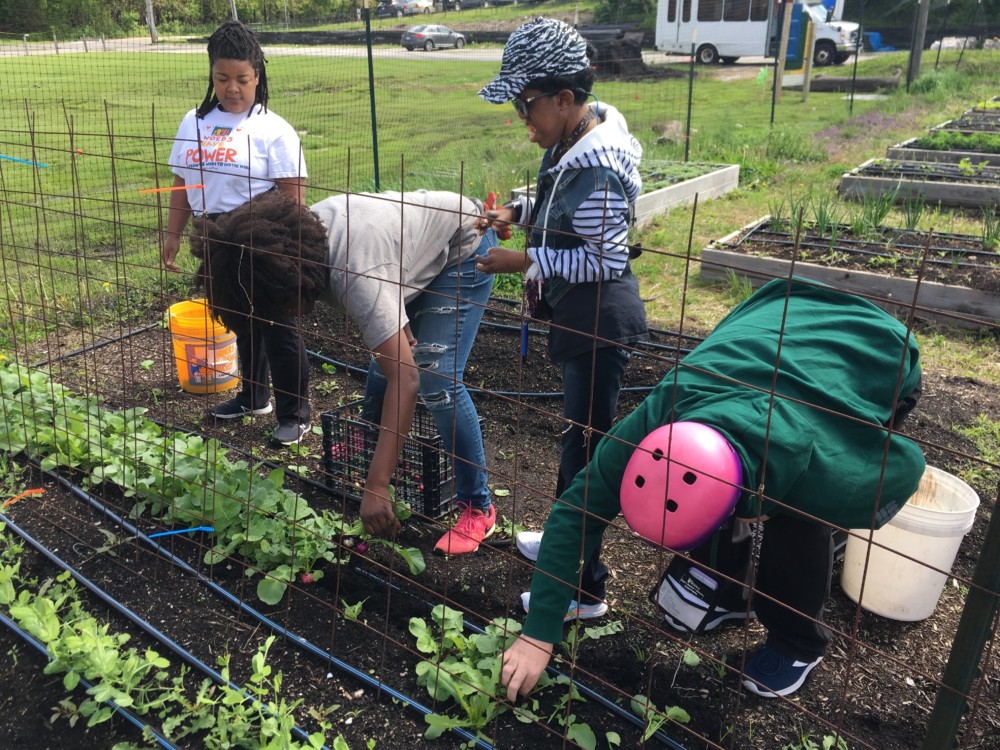
Voting Open for National Garden Bureau’s 2020 Therapeutic Garden Grant
Voting is now open for the National Garden Bureau’s (NGB) Therapeutic Garden Grant. Consumers and industry are encouraged to visit the National Garden Bureau website and vote for the most deserving therapeutic garden.
Started in 2014, the Therapeutic Garden Grant is a philanthropic program of NGB that supports therapeutic gardens across North America. In 2020, NGB, American Meadows and Sakata Seed America are partnering to provide $5,000 in grant money to be split among three therapeutic gardens in North America. Corona Tools will donate a generous assortment of garden tools to each of the three therapeutic garden finalists.
The first place winner of the online voting will receive $3,000 from the program to enhance the garden’s good works and continue its mission. Second and third place winners will receive $1,000 each to continue their garden’s respective missions.
“This year more than ever before, gardening as therapy is at the forefront of many people’s minds. Through this grant program, we hope to expand the knowledge and benefits of gardening to even more people. We want everyone to realize the benefits of true therapeutic garden programs,” says Diane Blazek, NGB’s executive director.
After reviewing all applications submitted for the 2020 Therapeutic Garden Grant, NGB has narrowed the list of finalists to three gardening programs. Those gardens are:
Alllies, Inc.
Allies, Inc. is a nonprofit agency dedicated to providing housing, healthcare, meaningful employment, and recreational opportunities to people with special needs in the communities of their choice. Since 1999, we have been enriching the lives of people with special needs by promoting their greater independence with dignity, respect and understanding. Project Grow is one of the Support services that Allies offers to our individuals with special needs. The people we serve plant the seeds, maintain the gardens, collect the fresh produce and distribute to Food Banks in three counties. Project Grow is a community garden located on the campus of Mercer County Community College. Certified Horticultural Therapists provide therapeutic activities as well as gardening for leisure. Fresh produce and herbs are featured in nutritional education and meal preparation.
Capper Foundation
The Capper gardens include raised garden beds on a corner of their Topeka campus, as well as raised and flat garden beds in an inner courtyard. The adults served can participate in planting, weeding, and watering of the gardens each week. Pediatric clients observe the gardens while they are there for therapy services. A sensory garden will expand the therapeutic value of the courtyard gardens by adding specific plants and areas to stimulate all of the senses. Goals are: 1) increase the use of the garden area during pediatric therapies; 2) be able to continue the garden program during the winter using the raised bed on casters indoors, and 3) increase the number of people learning skills by working in the gardens. The gardens can be used to get more people outdoors to enjoy the beauty of garden spaces and to help them stay calm or decrease their anxiety or negative behaviors in a safe environment. The plants will serve as the foundation or context for the healing of the people served.
The Learning Garden
For over 18 years, The Learning Garden has connected the community with organic horticulture, hands-on gardening therapy, seed saving and cultivation practices. The garden also has longstanding partnerships with the UC Master Gardeners Program and Yo San University of Traditional Medicine, bringing students and the community closer to nature for healing arts and education on the benefits of plants in one’s life. This unique space and programming will be extended by the new Rootworks initiative. Rootworks provides mental health therapy to the community through garden-based classes and activities. Joining modern therapeutic practices and hands-on horticulture projects, the program gives participants holistic support as they overcome addictions – targeting root conditions such as anxiety, depression, and stress. The program offers an alternative form of therapy that invites client participation in a horticultural project that boosts serotonin levels, builds self-esteem, and positively impacts the larger community.
The online voting can be accessed at https://ngb.org/therapeutic-garden-contest/ until Sept. 28. Before voting be sure to view the videos created by the three finalists explaining why their garden should receive the National Garden Bureau’s Therapeutic Garden Grant.


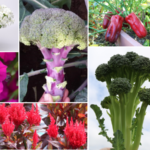

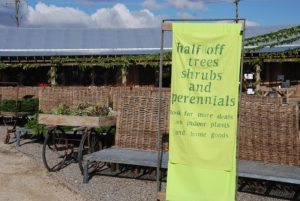
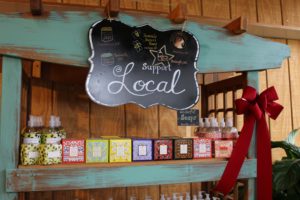

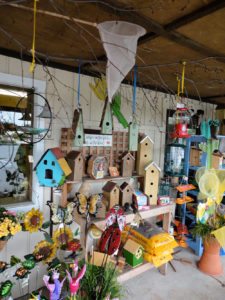
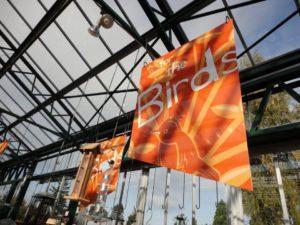
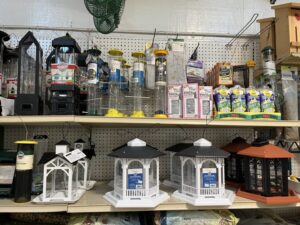

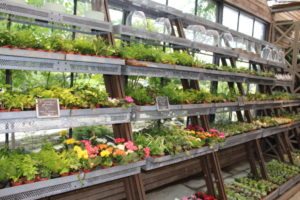
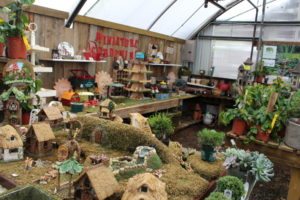
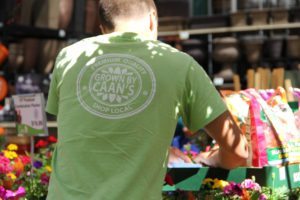
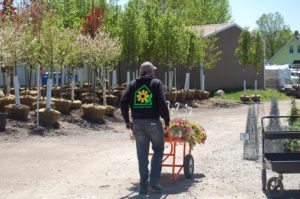
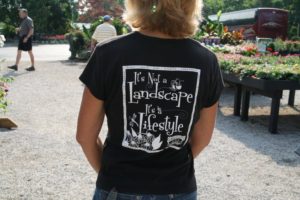
 Videos
Videos





